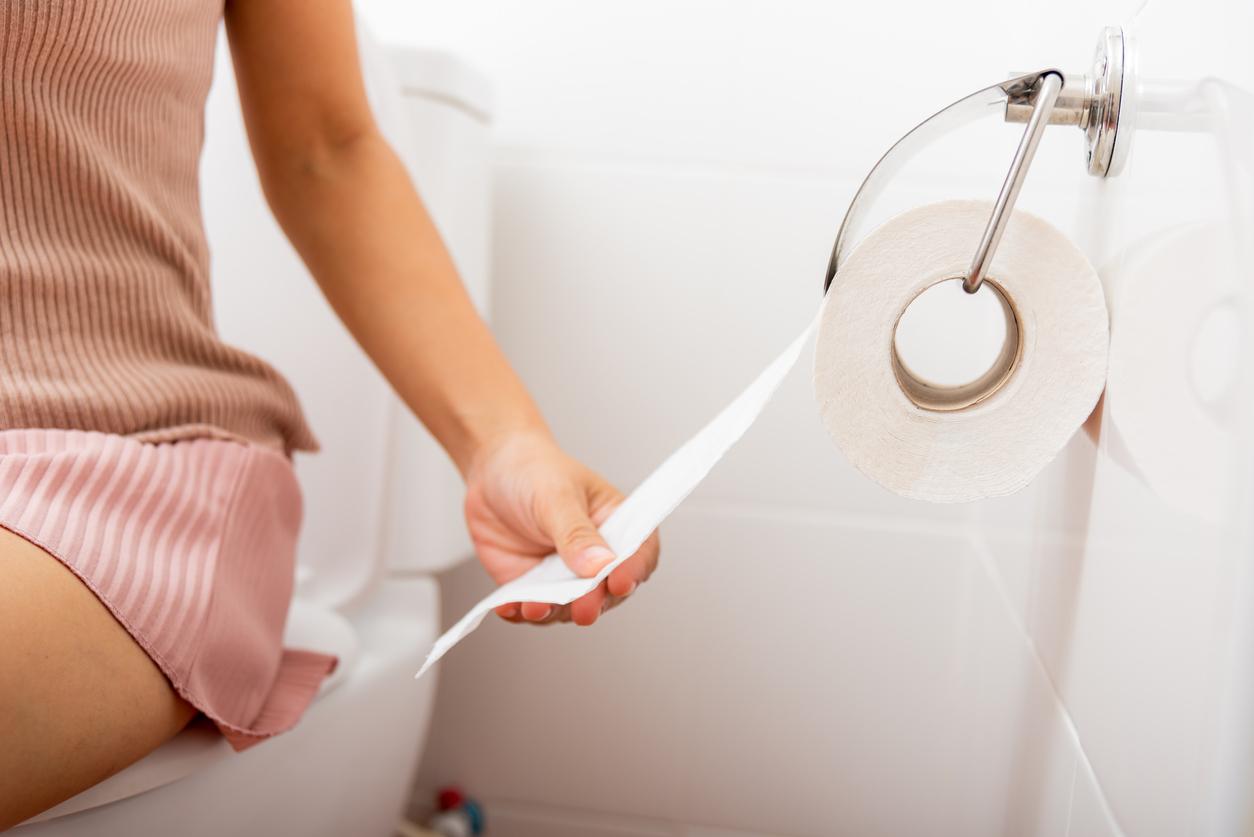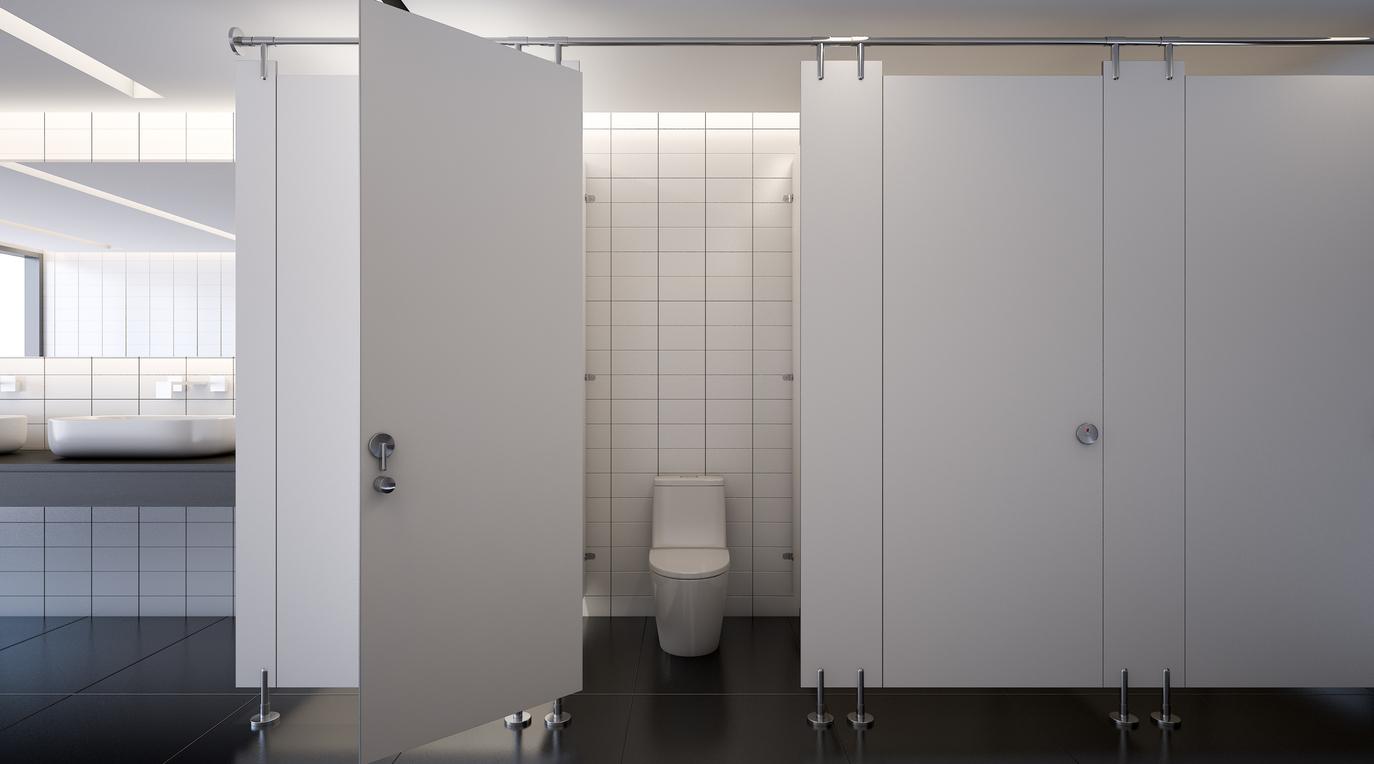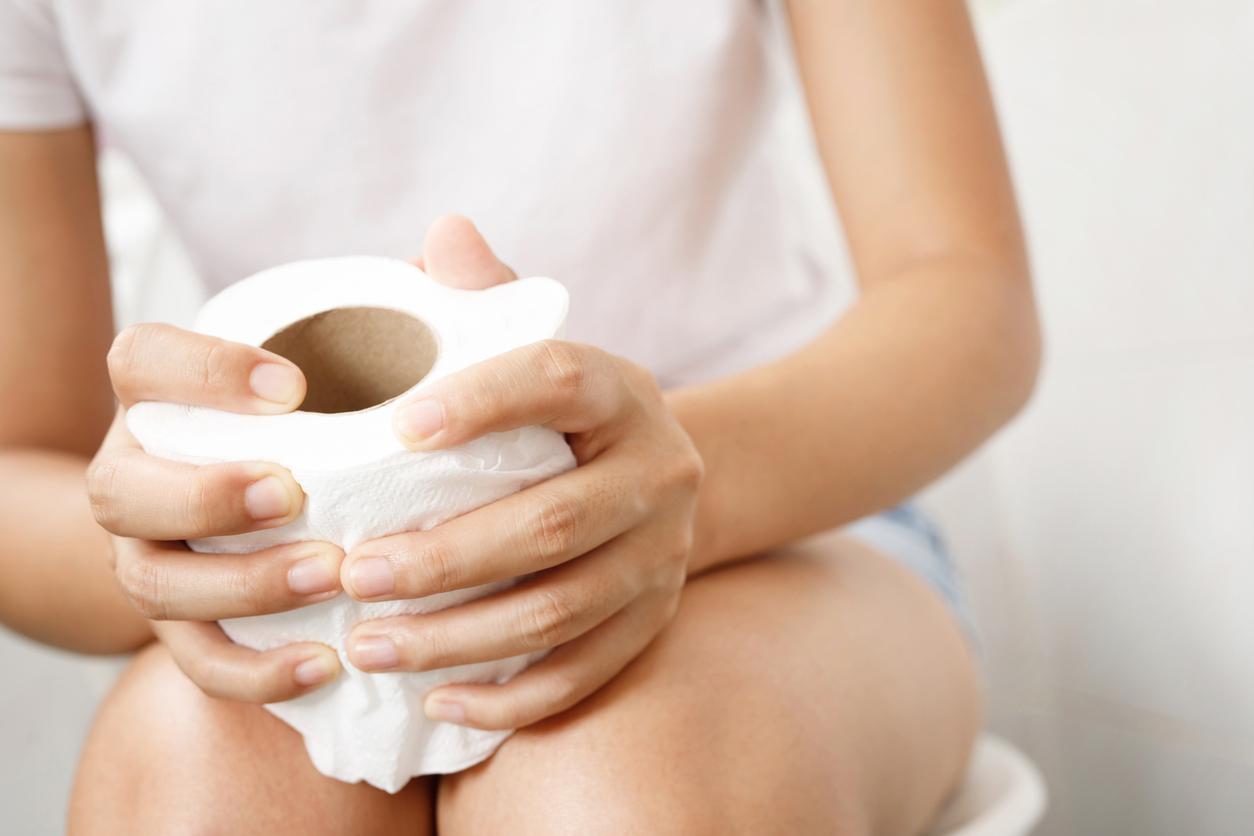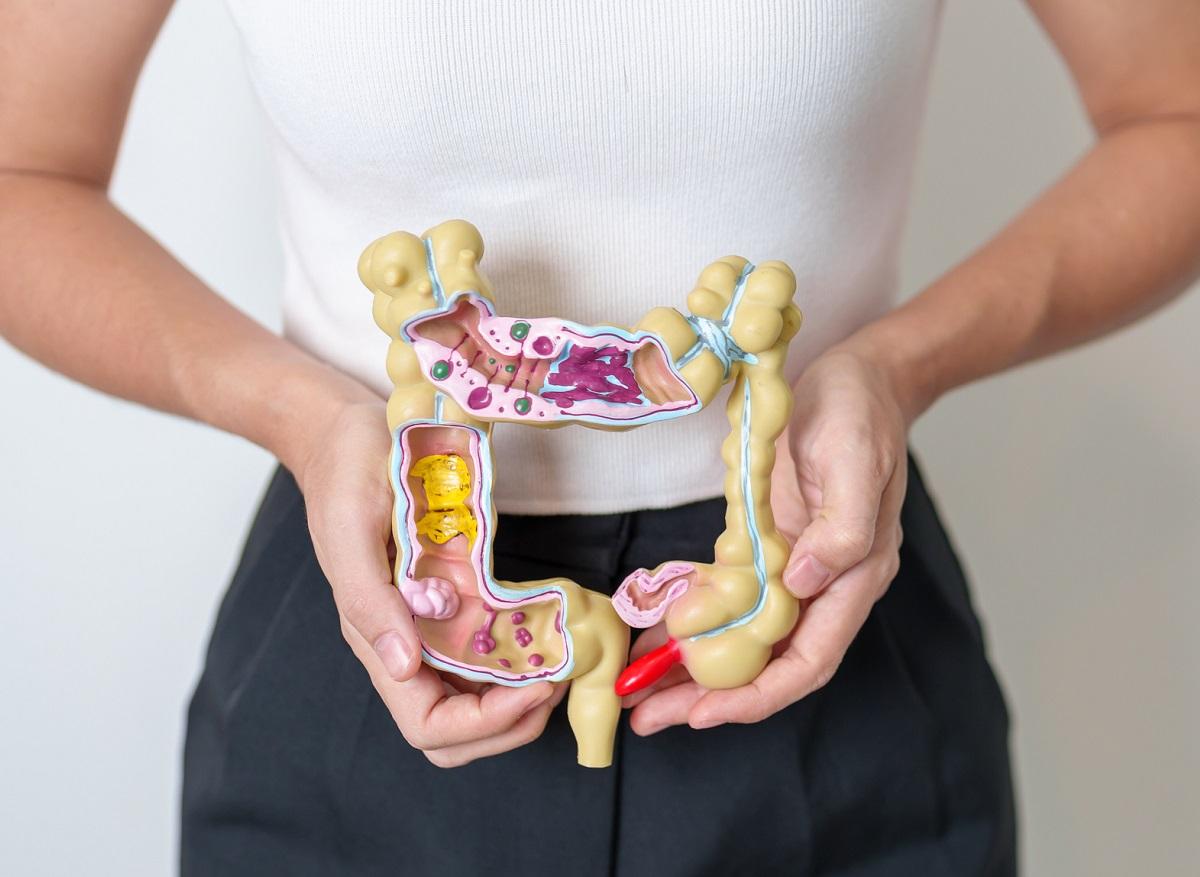Here’s why some people constantly want to have a bowel movement after a meal.

- The gastrointestinal reflex is normal: after a meal, the arrival of food in the stomach triggers contractions to encourage the exit of stools.
- You should consult a doctor if you have urgently wanted to go to the toilet directly after a meal for several weeks.
- This can be due to different factors: diet, stress, functional intestinal disorders or intestinal diseases.
The frequency of bowel movements can range from three times a day to three times a week, depending on different factors such as diet, physical activity, hydration or even stress.
Having a bowel movement after a meal: risk factors
“After each meal, the colon is animated by waves of contractions which can result in a need to go to the toilet, can we read on the website of health insurance. This is the gastrointestinal reflex.” But from one person to another, the duration between the meal and this desire can vary, but most of the time it remains normal.
But if it is a sudden change, has lasted for several weeks and the urge is urgent, it may be a sign of another problem. In this case, consult your doctor to make the correct diagnosis and take action.
The less serious problem may be a simple change in your eating habits. Indeed, a diet rich in fiber is certainly good for intestinal transit but can, if you are not used to consuming as many vegetables and fruits, push you to have a bowel movement more quickly. In this case, the body gets used to it. Furthermore, alcohol and coffee also promote – even accelerate – digestion.
Other factors: stress and anxiety which can disrupt digestion. These can cause intestinal contractions that make you want to go to the toilet. If the problem comes from there, we must find solutions to better manage stress and anxiety. Also, take the time to eat because swallowing food too quickly, without chewing, promotes this urgent desire to go to the toilet.
Intestinal diseases that make you want tohave a bowel movement after a meal
The reason can also come from functional intestinal disorders or intestinal diseases:
- THE irritable bowel syndrome
- There gastroenteritis
- There constipation
- THE inflammatory bowel diseasessuch as Crohn’s disease
- Hyperthyroidism
Taking certain medications can also have an impact on intestinal transit and accelerate it. This can be the case with antibiotics, as pointed out in Vidal : “some of them have a direct effect on its functioning, by causing nausea, vomiting or diarrhea (by accelerating intestinal transit). On the other hand, all antibiotics disrupt the intestinal flora, which they destroy to a greater or lesser extent. The balance of this flora being modified, digestion and the functioning of the intestine are disrupted.”

















